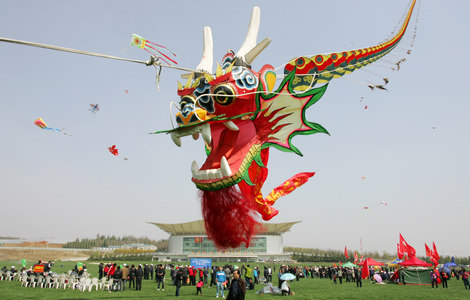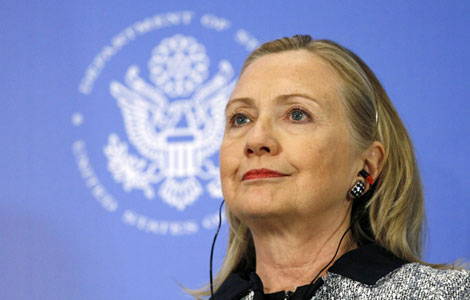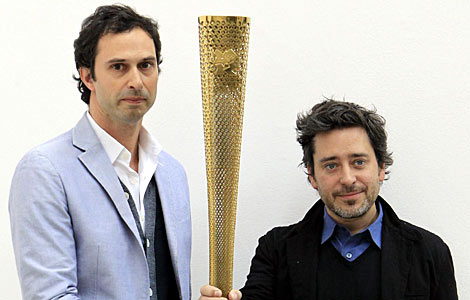 |
|
|
|
|||||||||||
China will use more health products than the United States in 2015, making it the largest market for such products in the world.
That’s what Meng Dongping, vice-president of the China Chamber of Commerce for Import & Export of Medicines & Health Products, said recently.
In the meantime, the industry will remain one of the most active in China in foreign trade, measured by both imports and exports, she said.
Various Chinese and overseas corporations have moved to meet the demands arising from the country’s young middle class, which is becoming increasingly aware of the importance of good health.
The value of the health products and services in China is expected to reach 450 billion yuan (more than $70 billion) in 2015. Last year, more than 260 billion yuan in health foods alone were sold in the country, according to the National Development and Reform Commission’s Public Nutrition and Development Center.
Meng’s forecast, no matter how optimistic it may be, looks modest when it is compared with one made by the China Investment Consulting Co Ltd, which said China won’t have to wait until 2015 to use more health products than the US. It will become the largest market for those products this year, the company said.
Why the difference in forecasts?
One reason is that various means of measuring the country’s use of health products are in use, each of which looks at different data.
Most of them come with no clear definitions of what products and services they take account of and what they don’t. But every one of them results in measures that are in the billions in yuan.
One common definition places health products into three groups: products that are made from medicinal herbs and produced according to the principles of traditional Chinese medicine, nutritional supplements made from natural resources and biological extracts made in accordance with the tenets of biology.
In addition, the sale of health improvement devices and services also generates billions of yuan a year; the market research company China Investment Consulting Co Ltd puts the figure at 300 billion yuan a year.
Of the health products in the three groups, those that fall into the first are the most popular, Meng said. They are both natural and, because of their long history, familiar to most customers, she explained.
Meng said China’s large market is attractive to many overseas companies, a fact reflected in the recent rapid increase in the country’s imports.
In 2011, China imported health products worth $145 million, up 62.28 percent from a year earlier. “Although the amount is still far from being large enough to match the size of the population, the speed of the increase has been impressive,” she said.
She said the most popular health products in China are calcium supplements, fish oil, lecithin, spirulina and compound vitamins.
As international suppliers are swarming into the China market, Chinese companies are also exploring opportunities to expand overseas.
And as more people have become worried about the possible side effects that might come from using chemical compound supplements, they have begun to look with favor on herbal and traditional Chinese therapies, Meng said. She said she expects to see more of those products exported in coming years.
Last year, $206 million in Chinese health products and services were exported, a number that was up by 114.96 percent from 2010. The majority of them went to North America, the European Union, Japan and South Korea.
The accelerating pace in the export of those products stands in marked contrast to what has happened to other Chinese goods, many of which are being affected by a weakening demand from overseas.
Still, Meng expects to see more exports of natural food and herbs, healthcare supplements and traditional Chinese medical equipment, as well as services such as massages and acupuncture.
Again, differences in accounting methods are affecting the statistics. Some calculations, for instance, take into account instruction in traditional Chinese medicine while others do not.
The writer can be contacted at liujie@chinadaily.com.cn

|

|

|

|

|

|